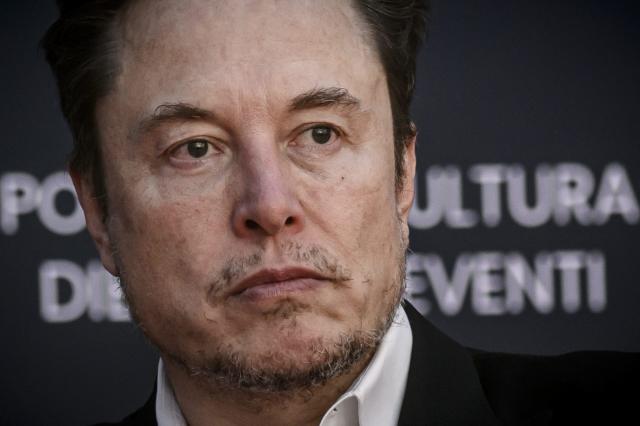Elon Musk, the enigmatic entrepreneur behind Tesla, SpaceX, and now X (formerly Twitter), finds himself once again in the crosshairs of federal regulators. A recent court filing reveals that Musk has been ordered to testify in a probe by the U.S. Securities and Exchange Commission (SEC) regarding his 2022 acquisition of Twitter. The SEC is investigating potential securities fraud surrounding Musk’s acquisition of Twitter, sparking renewed scrutiny of the billionaire’s actions.
The probe centers on whether Musk or anyone else engaged in securities fraud as Musk began acquiring stock in Twitter ahead of his leveraged buyout of the social media platform. Musk finalized the acquisition in October 2022, rebranding the company as X in a deal valued at approximately $44 billion. However, questions linger regarding the legality and ethics of Musk’s actions leading up to the acquisition.
In response to the SEC’s subpoena, Musk and his legal team argued that the regulator’s actions amounted to harassment. However, Federal Magistrate Judge Laurel Beeler ruled that the SEC’s subpoena was within its authority and sought relevant information for their investigation. Now, Musk and the SEC must collaborate to schedule his testimony within the next week.
This latest development adds to a series of confrontations between Musk and federal regulatory agencies. Notably, Musk has been vocal in his attempts to challenge or limit the authority of these agencies. For instance, he has taken legal action against the SEC, seeking to undo a settlement agreement that required him to have a “Twitter sitter” approve his tweets about Tesla before posting them. Musk’s attorneys argue that this agreement infringes upon his free speech rights, setting up a constitutional battle with far-reaching implications.
Similarly, Musk’s SpaceX has clashed with the National Labor Relations Board (NLRB) after the agency filed a complaint alleging that SpaceX unlawfully terminated employees who criticized Musk publicly. SpaceX‘s lawsuit against the NLRB challenges the very structure of the federal labor board, echoing broader attempts to resist regulatory oversight.
The outcome of these legal battles will not only shape Musk’s future interactions with regulatory agencies but also have broader implications for corporate governance and accountability. As one of the most influential figures in the tech and business worlds, Musk’s actions reverberate far beyond the confines of his own companies. His confrontations with regulators underscore deeper tensions between innovation and regulation, raising fundamental questions about the balance of power in today’s digital age.
Moreover, Musk’s legacy hangs in the balance. While he is celebrated as a visionary and disruptor, his willingness to push boundaries and challenge authority has also invited scrutiny and controversy. As he navigates the complexities of regulatory compliance, Musk must grapple with the consequences of his actions not only for his own reputation but also for the future of his enterprises.
In the end, the SEC probe into Musk’s acquisition of Twitter represents a pivotal moment in his career. How he responds to regulatory scrutiny and navigates the legal challenges ahead will shape not only the fate of X and SpaceX but also his enduring legacy as a trailblazing entrepreneur.





